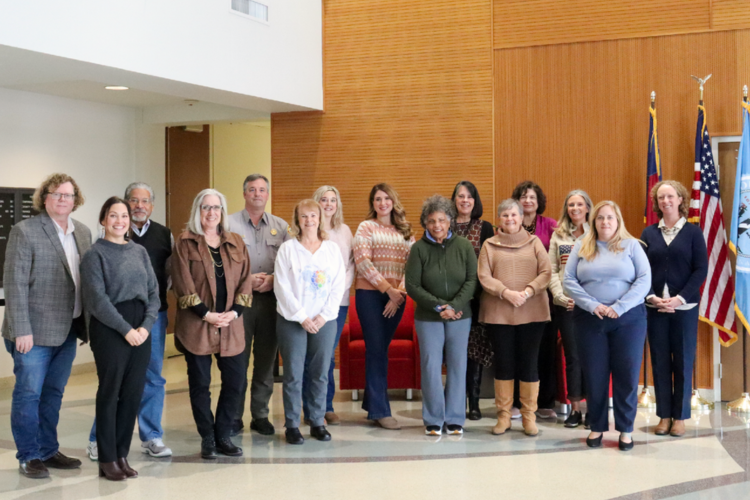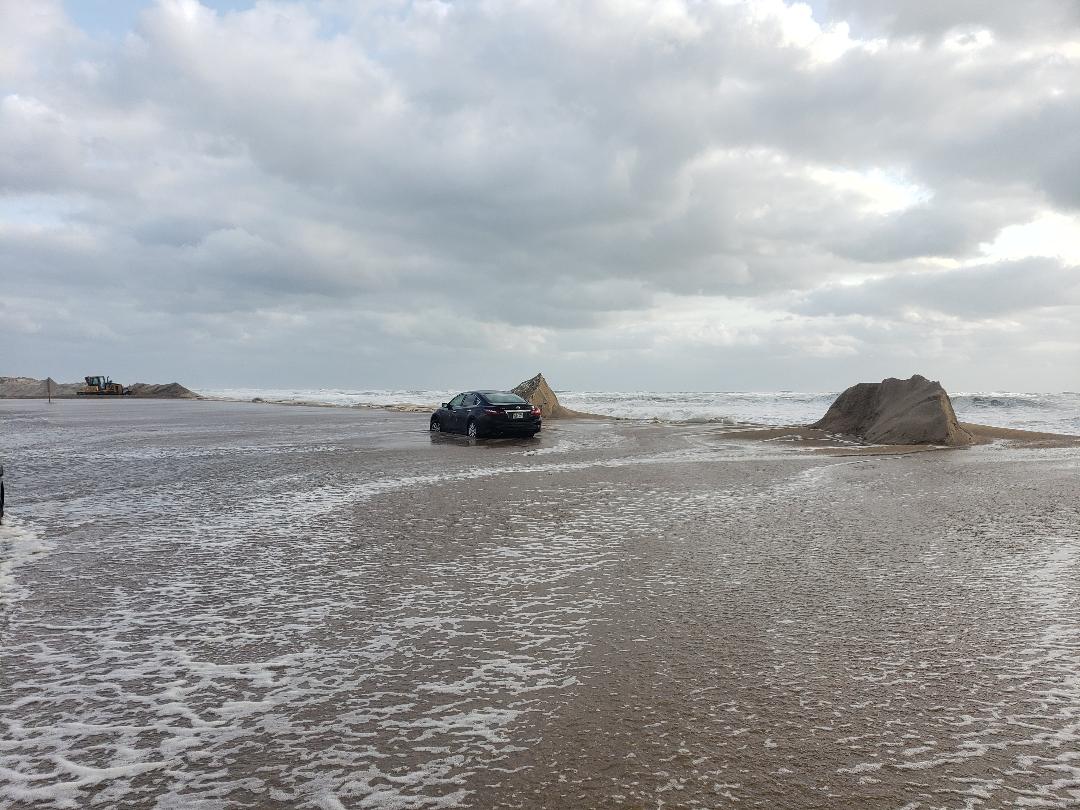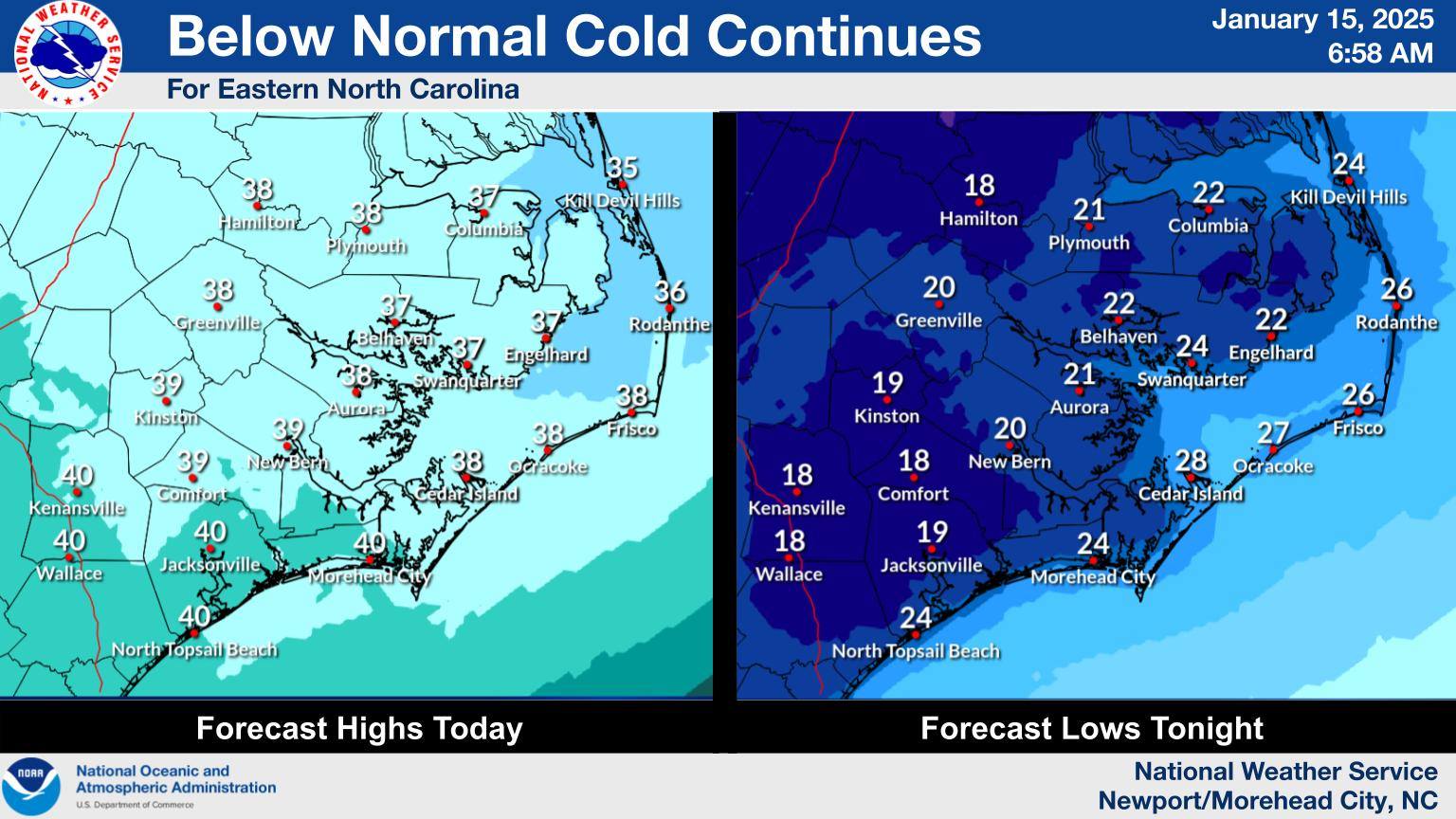State will spray in Buxton and Frisco for gypsy moths in April
The N.C. Department of Agriculture and Consumer Services will soon start treating a gypsy moth infestation in the Buxton Woods area. Treatment of 1,478 acres in Buxton and Frisco is expected to start the week of April 18 or perhaps later, depending on weather conditions and insect development.
Two fine-mist applications of the biological pesticide Gypchek will be made five to 10 days apart using low-flying helicopters. Gypchek is not harmful to humans, plants or animals, except gypsy moth caterpillars.
A ground treatment of the biological pesticide Bacillus thuringiensis variety kurstaki involving a 58-acre core area will also be done where a widespread population, including a defoliating population with all life stages, was observed. Btk is not harmful to humans, plants or animals, except small caterpillars.
“Our field monitoring activities last year determined that a reproducing population of the highly destructive gypsy moth exists on the island,” said Chris Elder, NCDA&CS Gypsy Moth Program manager. “Our planned treatment activities are designed to protect trees and shrubs in the vicinity of Buxton Woods and to preserve the unique island ecosystem.”
Gypsy moths feed on the leaves of more than 300 different species of trees and shrubs, predominantly oaks and hardwoods. When areas become heavily infested, trees may be completely stripped of foliage, leaving yard trees and entire forests more susceptible to attacks from other pests. Severe infestations often lead to tree death.
Gypsy moth caterpillars can also pose public health concerns for people with respiratory problems. In areas with high-density gypsy moth populations, the caterpillar hairs and droppings may cause severe allergic reactions.
NCDA&CS has addressed spot introductions of the gypsy moth across North Carolina since the 1970s. The treatment will be done in cooperation with the U.S. Department of Agriculture’s Forest Service, Elder said.
Public hearings were held in September and November in Buxton to discuss this infestation and receive input from all stakeholders about treatment options.
For more information, including maps and a description of the proposed treatment area, go to www.ncagr.com/gypsymoth or contact NCDA&CS toll free at 800-206-9333. More immediate updates, including spray start dates, will be posted on Twitter at www.twitter.com/NCAgriculture.
RELATED ARTICLES
State agency sets meeting on severe gypsy moth infestation in Buxton Woods
State agency plans second meeting to update gypsy moth plan













